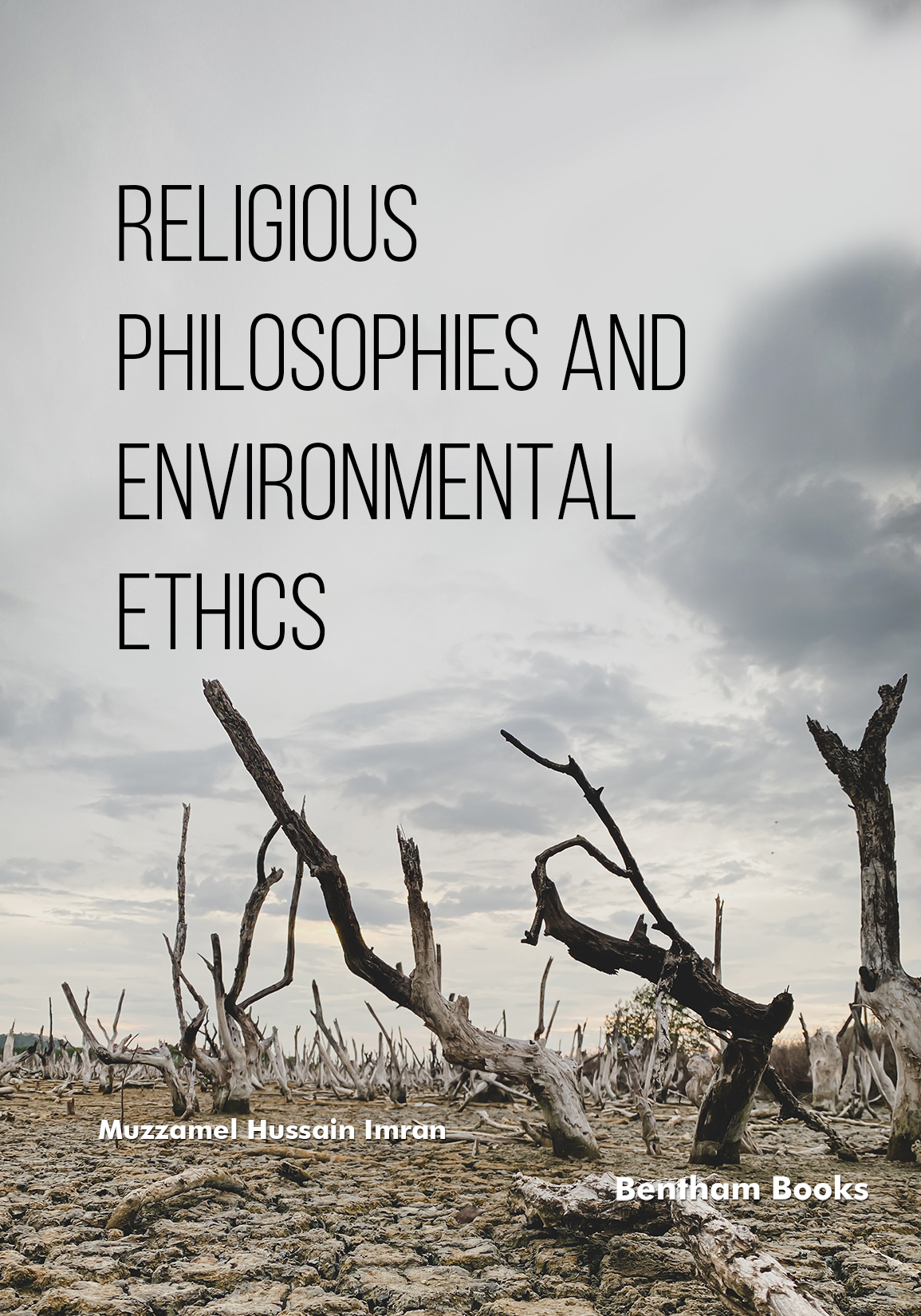Introduction
Religious Philosophies and Environmental Ethics addresses the critical environmental crisis caused by human activity and examines how religious philosophies can contribute to solutions. The book explores the intersection of environmental ethics and religious thought, offering a fresh perspective on how spiritual beliefs might help guide humanity toward sustainable living. It examines the causes of environmental degradation, and various religious perspectives on the issue, and proposes faith-based solutions for a more harmonious relationship with nature. Through a blend of philosophical inquiry and practical application, the book aims to inspire change in how we approach environmental conservation.
Key Features:
- - Explores the role of religious philosophies in solving environmental problems.
- - Discusses the ethical implications of environmental degradation.
- - Offers faith-based solutions for future sustainability.
- - Proposes a new framework for integrating religious thought into environmental policy.
Ideal for undergraduate and graduate students, as well as researchers in academia and industry, this book serves as a vital resource in understanding the complex landscape of modern drug discovery. It emphasizes the synergy between computational methods and experimental validation, shaping the future of pharmaceutical sciences toward more effective and targeted therapies.
Readership
Undergraduate and graduate students, researchers, and scholars in environmental studies, philosophy, and theology.

